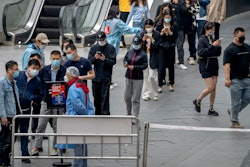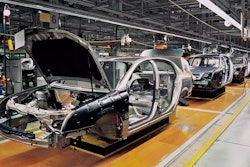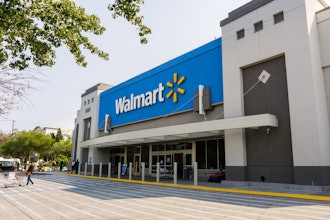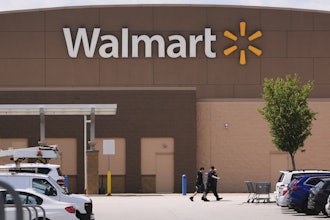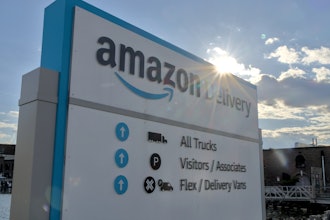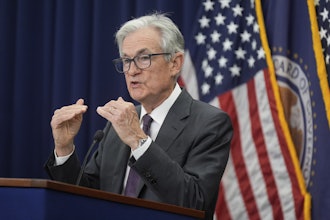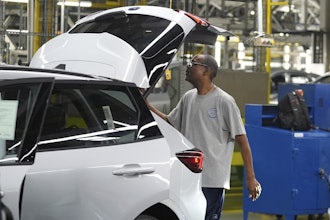
NEW YORK (AP) — The fastest inflation in 40 years squeezed retailers during the first quarter, alarming investors worried about the broader economy's outlook.
Earnings reports from Walmart, Target and Amazon this month showed higher costs are hurting retailers' operations. While profits for all companies in the benchmark S&P 500 index grew by about 9% last quarter, retailers' profits contracted more than 30% from a year ago. They blamed rising costs for raw materials, shipping and labor for the slump.
The weak results surprised investors who were closely watching the sector to see how inflation is impacting various businesses. Companies had already been raising prices on goods to offset higher costs and boost their profit margins. Consumer spending remained resilient throughout 2021, despite rising costs. But after Russia’s invasion of Ukraine sent energy prices skyrocketing, companies had a more difficult time offsetting the costs.
Consumers also shifted spending from high-priced discretionary items to necessary goods, or just pulled back altogether as higher food and gas costs ate up more of their incomes.
"The consumer suddenly looked much more vulnerable” last quarter, said Brad McMillan, chief investment officer for Commonwealth Financial Network. Other trends, like declining consumer confidence and real incomes, are also flashing red. “As goes the consumer, so goes the economy and ultimately the market.”
Target’s profit tumbled 52% from a year ago as costs piled up. Walmart, the nation’s largest retailer, also reported weak profit. Both chains' revealed that consumers' spending is shifting, with Walmart executives highlighting a shift to private-label brands from national ones, particularly in lunch meats.
Inflation is at a four-decade high and the U.S. economy shrank in the first three months of the year, the first decline in gross domestic product since the pandemic hit. The latest retail reports have raised concerns about more weakness to come this year.
Retailers' troubles are sounding the alarm for other areas of the economy too.
The labor market's slow recovery from the pandemic over the last two years has left it still 1.2 million jobs below pre-pandemic levels. The retail sector’s recent weight on the broader market could next bleed through to overall hiring as employers look to control costs, said Bill Adams, chief economist for Comerica Bank.
Meanwhile on Wall Street, the S&P 500 has slumped to the lowest level in over a year, and the disappointing retail earnings almost pulled it into a bear market, or 20% below its recent high.
“The stock market sell-off could dampen business sentiment and make some businesses more cautious about hiring, especially businesses that are cash flow negative and rely on investors’ money to fund operations like many startups," Adams said.





